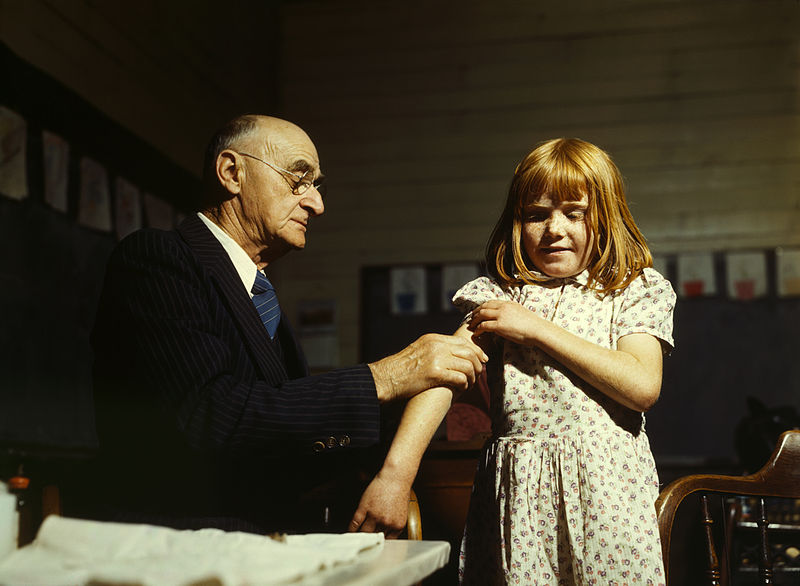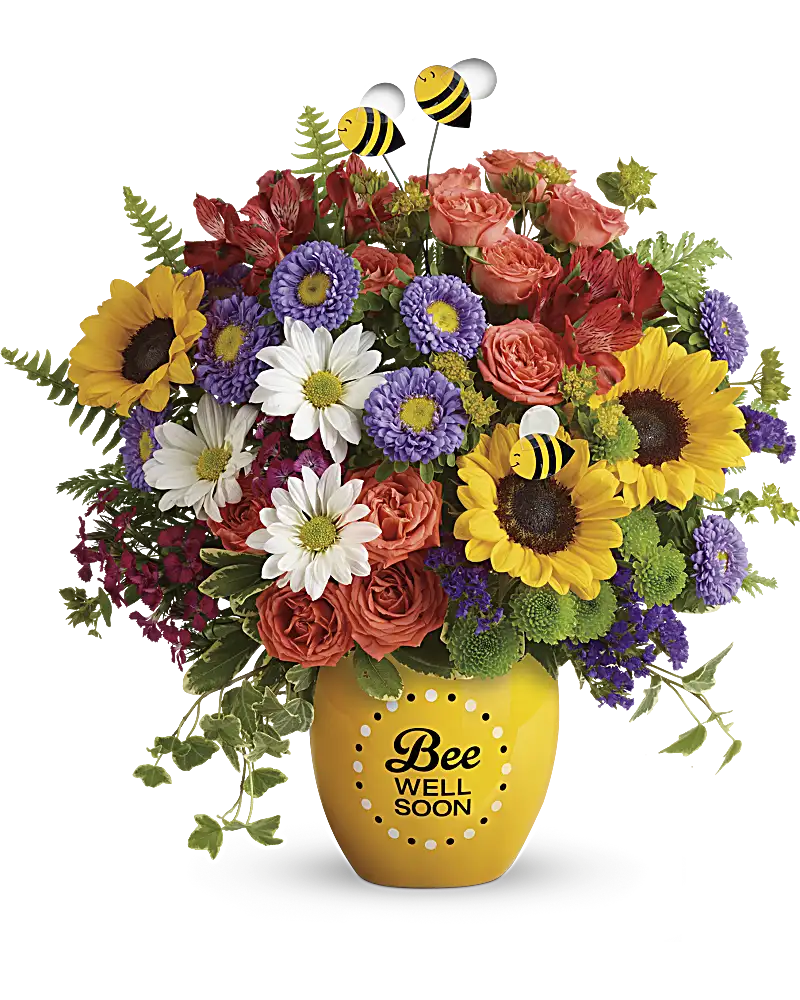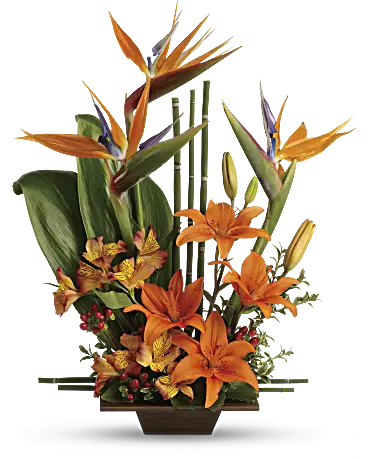|
Vaccines and immunization - World Health Organization (WHO)
Vaccination is a simple, safe, and effective way of protecting people against harmful diseases, before they come into contact with them. It uses your body’s natural defences to build resistance to specific infections and makes your immune system stronger.
Vaccines and immunization: What is vaccination?
Vaccines protect us throughout life and at different ages, from birth to childhood, as teenagers and into old age. In most countries you will be given a vaccination card that tells you what vaccines you or your child have had and when the next vaccines or booster doses are due. It is important to make sure that all these vaccines are up to date.
A Brief History of Vaccination
For centuries, humans have looked for ways to protect each other against deadly diseases. From experiments and taking chances to a global vaccine roll-out in the midst of an unprecedented pandemic, immunization has a long history.
Immunization, Vaccines and Biologicals - World Health Organization (WHO)
The Immunization, Vaccines and Biologicals department is responsible for targeting vaccine-preventable diseases, guiding immunization research and establishing immunization policy.
How do vaccines work? - World Health Organization (WHO)
How vaccines help fight disease Vaccines contain weakened or inactive parts of a particular organism (antigen) that triggers an immune response within the body. Other vaccines contain weakened or reconstituted virus or bacteria as a whole. Newer vaccines contain the blueprint for producing antigens (DNA or RNA) rather than the antigen itself.
COVID-19 vaccines - World Health Organization (WHO)
The COVAX No-Fault Compensation Program for Advance Market Commitment (AMC) Eligible Economies is the world’s first and only international vaccine injury compensation mechanism. The Program helps COVAX deliver safe and effective COVID-19 vaccines to the high-risk and vulnerable populations in 92 low- and middle-income countries and economies.
Vaccines explained - World Health Organization (WHO)
Vaccines explained "Vaccines Explained" is a series of illustrated articles that describe how vaccines work, how they’re developed and distributed and how their safety is carefully monitored. Check the pages below to learn more.
Vaccines and immunization: Vaccine safety
Vaccination is one of the most effective ways to prevent diseases. Over the past 50 years, essential vaccines against just 14 diseases have saved at least 154 million lives (1). During the same period, vaccination has contributed to 40% of the drop in infant deaths. Together with governments, vaccine manufacturers, scientists and medical experts, WHO's vaccine safety programme is constantly ...
Statement on the antigen composition of COVID-19 vaccines
The TAG-CO-VAC reconvened on 6-7 May 2025 to review the genetic and antigenic evolution of SARS-CoV-2; immune responses to SARS-CoV-2 infection and/or COVID-19 vaccination; the performance of currently approved vaccines against circulating SARS-CoV-2 variants; and the implications for COVID-19 vaccine antigen composition.
Vaccines WPRO - World Health Organization (WHO)
Vaccines are available to prevent more than 20 life-threatening diseases, helping people live longer, healthier lives. They reduce risks of getting a disease by working with your body’s natural defenses to build protection. When you get a vaccine, your immune system responds.
|






